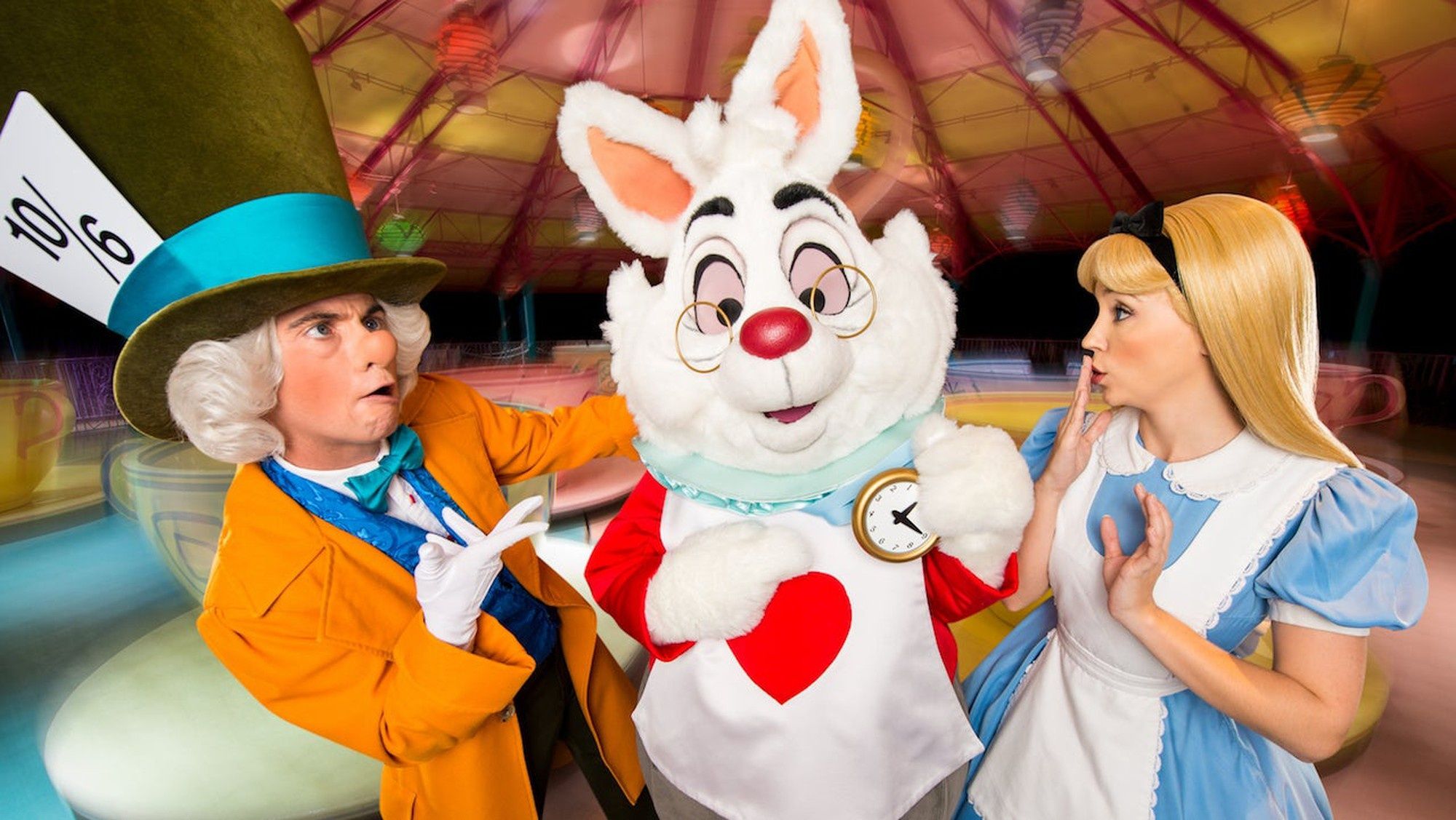Key Points
- Walt Disney reported adjusted EPS of $1.39, beating analyst consensus expectations.
- Total revenue was $23.2 billion, exceeding estimates and rising 4% year over year.
- The company achieved profitability in its streaming businesses a quarter ahead of schedule.
Entertainment and media giant Walt Disney (DIS +0.02%)reported fiscal 2024 third-quarter earnings on Wednesday that showed strong results in multiple metrics. Adjusted EPS and revenue both topped analyst consensus estimates.
Of note, segment turned profitable, though some challenges remain in the sports and experiences segments.
| Metric | Q3 2024 | Analyst Estimate | Q3 2023 | Change (YOY) |
|---|---|---|---|---|
| Revenue | $23.2 billion | $22.6 billion | $22.3 billion | 4% |
| Diluted EPS | $1.43 | N/A | ($0.25) | N/A |
| Adjusted EPS | $1.39 | $1.14 | $1.03 | 35% |
| Operating income | $4.23 billion | N/A | $3.56 billion | 19% |
| DTC streaming revenue | $6.38 billion | N/A | $5.53 billion | 15% |
| Experiences revenue | $8.4 billion | N/A | $8.2 billion | 2% |
| Sports revenue | $4.6 billion | N/A | $4.3 billion | 5% |
| Entertainment revenue | $10.6 billion | N/A | $10.1 billion | 4% |
| Free cash flow | $1.24 billion | N/A | $1.64 billion | (24%) |
Source: Walt Disney. Note: Analysts consensus estimates provided by FactSet. YOY = Year over year. DTC = Direct-to-consumer.
Overview of The Walt Disney Company's Business
renowned for its vast array of entertainment and media ventures, operates in five key areas: content creation and distribution, theme parks and resorts, sports broadcasting, direct-to-consumer (DTC) streaming services, and intellectual property (IP) licensing and merchandise. Recently, has been focusing on expanding its streaming services and revamping its theme park experiences. These areas, alongside its sports broadcasting arm and vast IP portfolio, are critical to its sustained success and financial health.
Notable Quarterly Highlights
In a pivotal achievement, Disney's DTC streaming services turned profitable, bringing in $6.38 billion in revenue, a 15% increase year over year. Increased Disney+ and ESPN+ subscription revenue, alongside higher advertising revenue, marked a remarkable turnaround from significant past losses.
In Q3, the Entertainment segment saw revenue rise 4% year over year, reaching $10.58 billion. This segment's operating income tripled to $1.2 billion, fueled by a 15% revenue rise in Direct-to-Consumer (DTC) and profitable content sales. The streaming service Disney+ contributed to these increases. The strong theatrical performance of Pixar Studios' Inside Out 2 was also a factor as it became the highest-grossing animated film ever. Since its mid-June debut, Inside Out 2 has earned $1.56 billion in global box office reciepts.
Theme Parks and Resorts, collectively known as the Experiences segment, managed a 2% revenue increase to $8.4 billion. However, operating income dipped by 3% year over year due to decreased demand towards the quarter's end affecting domestic parks. Elsewhere in the segment, Disney Cruise Line and Consumer Products saw improvements.
Sports Broadcasting, particularly through ESPN, recorded revenue growth of 5% year over year to $4.6 billion, but operating income fell 6%. This was due to weak international performance and losses at Star India. Domestic ESPN did see increased advertising and subscription revenue, growing its operating income by 4%. The segment responsible for IP licensing and merchandise reported stable performance with slight international growth. Still, overall revenue fell by 5%, totaling $964 million.
Challenges such as cost inflation impacted parks and experiences, leading to a decrease in free cash flow by 24% as compared to last year.
Looking Ahead
For the upcoming fourth quarter and full fiscal year, provided upbeat guidance. The adjusted EPS growth target for the full year was increased to 30%, with expectations of improved profitability in the by Q4. Strong performance in content sales and licensing is also anticipated to continue. Disney did warn that operating income at its parks would be down by "mid single-digits" in the fiscal fourth quarter
Investors should watch for shifts in theme park demand and any special events, like the Olympics, potentially impacting schedules. Disney's strategy to bolster content creation and capitalize on its leading IP portfolio remains a key growth driver.






